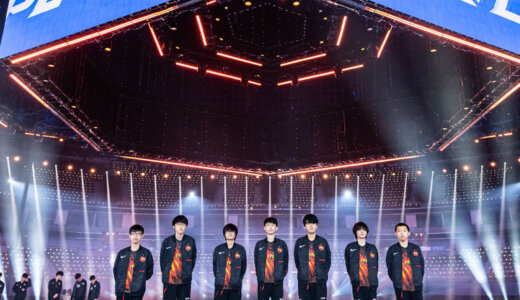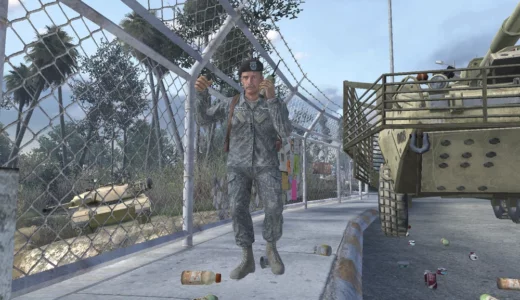One of the most polarizing features in the Call of Duty game universe has finally been discussed by the game developers themselves.
Activision finally speaks up about how their CoD skill-based matchmaking or SBMM system works in a recent blog post dated January 29th.
“These factors have resulted in a process that we believe provides the best player experience and creates a stronger community for Call of Duty worldwide,” said Activision in their blog post.
They detailed how two key factors were among the determiners as to who players will encounter: internet connection and the player’s overall skill.
Activision says, internet connection is the most critical and heavily weighter factor in the overall matchmaking process.
“as the community will attest, Ping is King,” the blog post reads.
The devs add, skill is determined based on a player’s overall performance, which includes but is not limited to: kills, deaths, wins, losses, and more, including mode selection, and recent matches as an overall metric across all Multiplayer experiences.
“This is a fluid measurement that’s consistently updating and reacting to your gameplay. Skill is not only a factor in matchmaking players against appropriate enemies, but also when finding teammates,” they added.
Also among the considerations in SBMM are the so-called time to match, wherein it is counted by how long one player is spent in actual play rather than waiting in lobbies, as well as the diversity of selected playlist, recent modes and maps selected, input device, skill/performance, and whether comms are activated or not.
“Our goal is to ensure that players spend more time playing matches rather than waiting for them,” Activision said.
As to whether or not Activision will remove the said feature, they had this to say: “We have considered this in the past and we will continue to examine if this idea makes sense as part of an experimental playlist or in specific modes. We have nothing to announce on that front today.”
IS TILT A FACTOR?
Activision claims that when lower skill players lose consistently, they tend to quit matches in progress or stop playing altogether.
“This has an effect on the player pool. A smaller player pool means wait times for matches increase and connections may not be as strong as they should be. This can compound over time to create a spiral effect. Eventually, when only high-skilled players remain because lower skilled players have quit out of frustration, the result is an ecosystem that is worse overall for everyone,” Activision added.
Activision adds, Call of Duty has considered player performance as part of their matchmaking process – something they have done since Call of Duty 4: Modern Warfare in 2007.
They also said, “we use player performance to ensure that the disparity between the most skilled player in the lobby and the least skilled player in the lobby isn’t so vast that players feel their match is a waste of time. Our data on player outcomes clearly indicates that the inclusion of skill in Call of Duty’s Multiplayer matchmaking process (as it currently stands) increases the variety of outcomes experienced by players of all skill levels. In other words, all players (regardless of skill level) are more likely to experience wins and losses more proportionately.”
Part of the community questions segment of the blog also discussed that an opt-in/opt-out matchmaking system is not feasible at the moment, citing it will have “negative consequences” on the overall player pool.
“Our data suggests that splitting the player base with an opt-in / opt-out matchmaking system will have negative consequences on the overall player pool. That means, potentially, longer wait times based on the type of matchmaking selected (plus add into that playlist, map and mode history, platform, and more) and matches with poor connections,” Activision says.
MYTHS BUSTED: SPECIAL PASSES FOR CONTENT CREATORS, SPENDING ON EXPENSIVE ITEMS NOT A FACTOR IN MATCHMAKING
Activision also debunked community concerns about content creators having a free pass or “smoother” lobbies, saying, “No. We do not change the matchmaking process based on who owns the account. In specific cases, such as for events like Call of Duty Next, we may be required to customize how lobbies are formed; however, these events usually take place in private matches and do not impact general matchmaking.”
They also said, “Money spent does not in any way, shape or form, factor into matchmaking.”
With recent announcements and insights in mind, it appears that SBMM won’t be removed anytime soon from current Call of Duty titles – and more detailed documents may be released through a Ping and Matchmaking White Paper.







